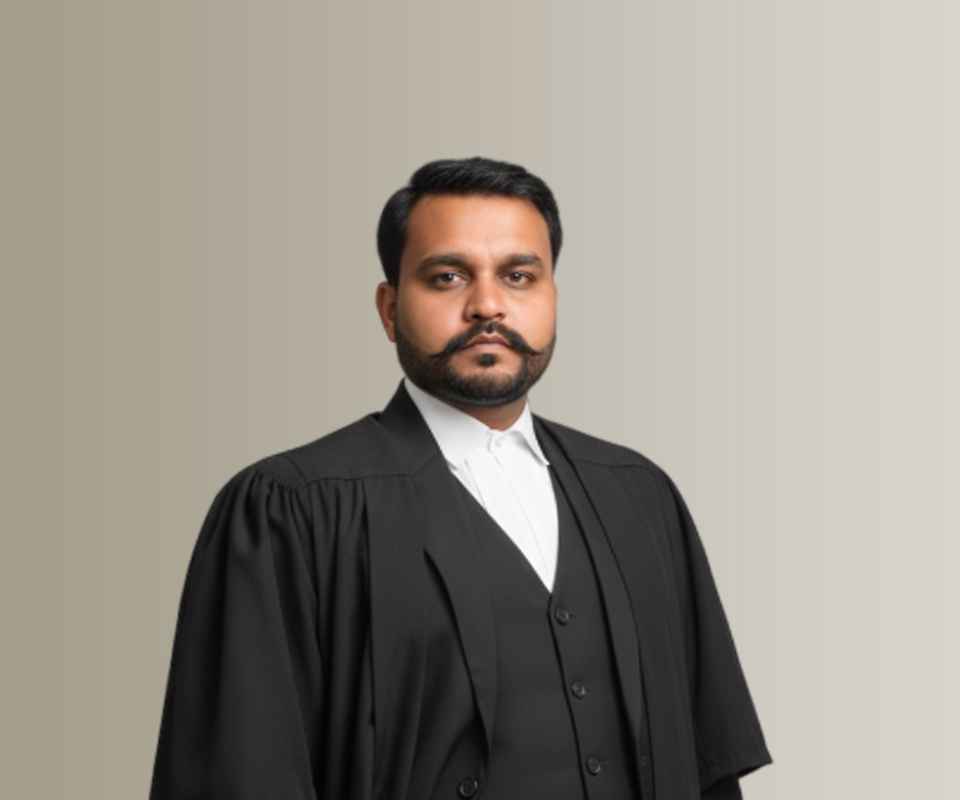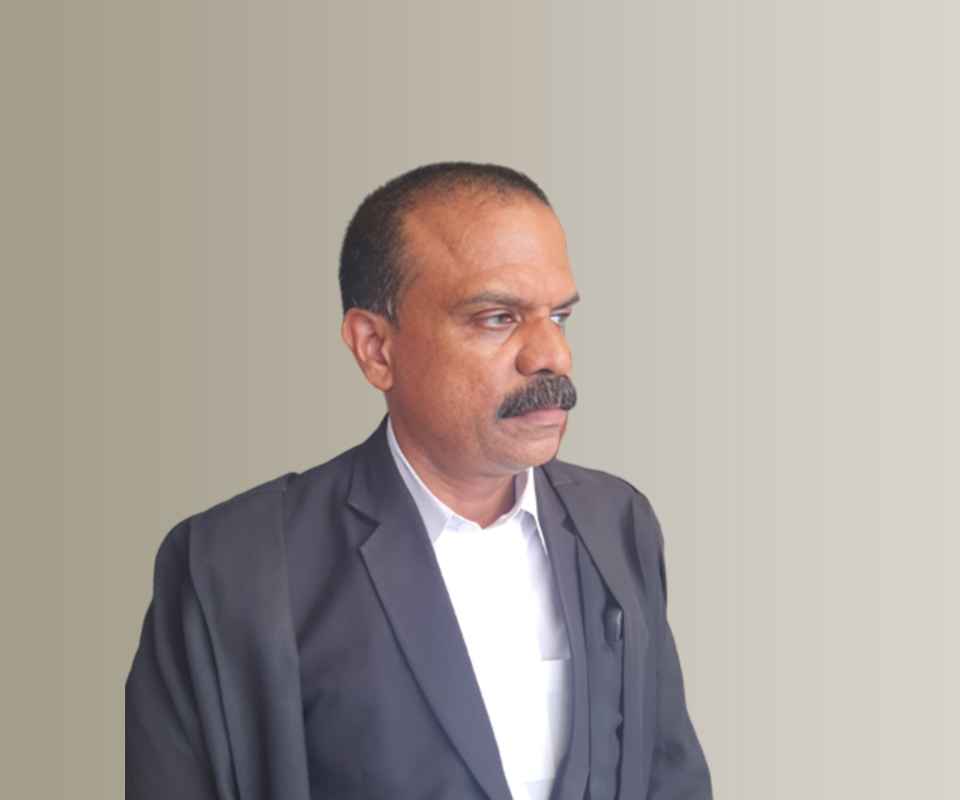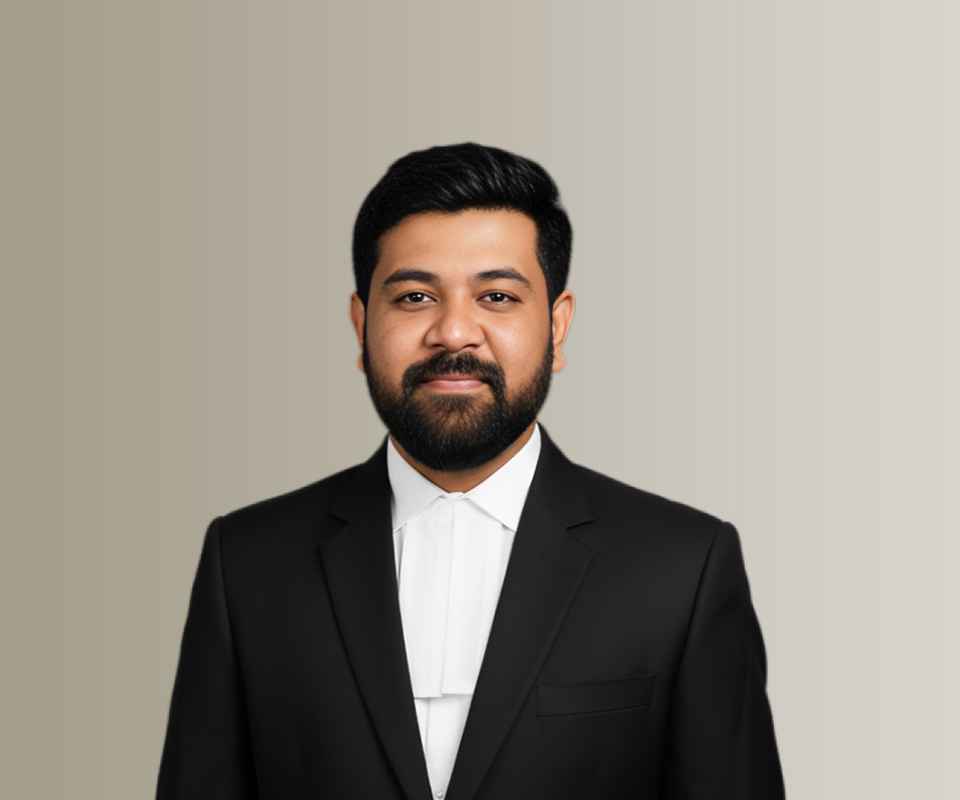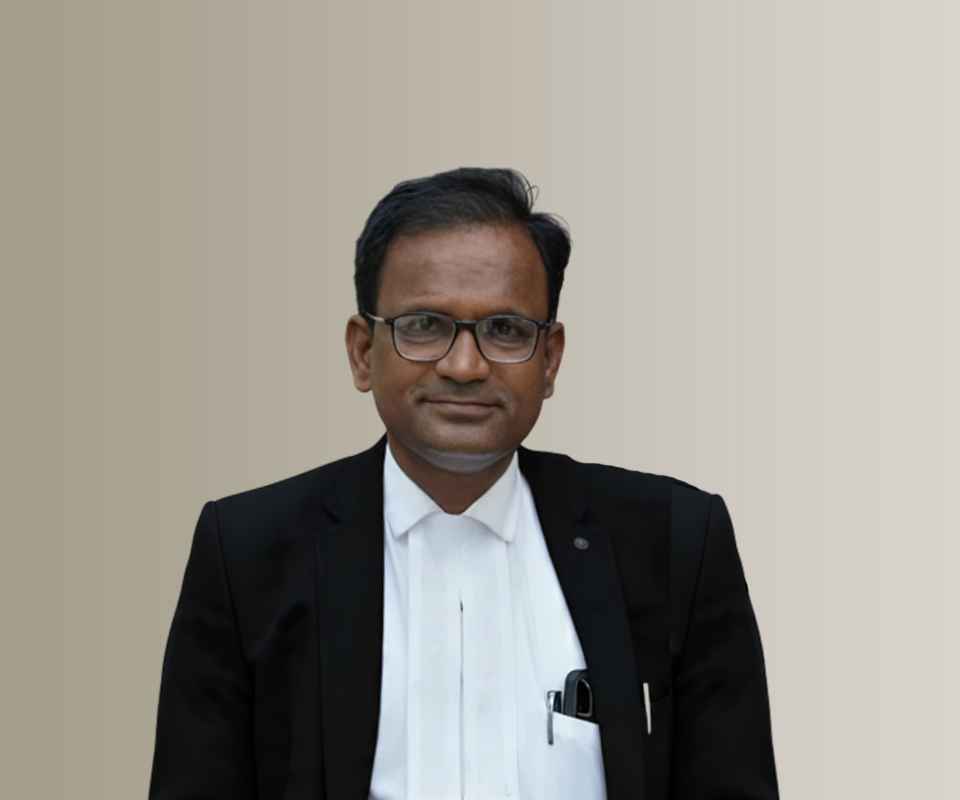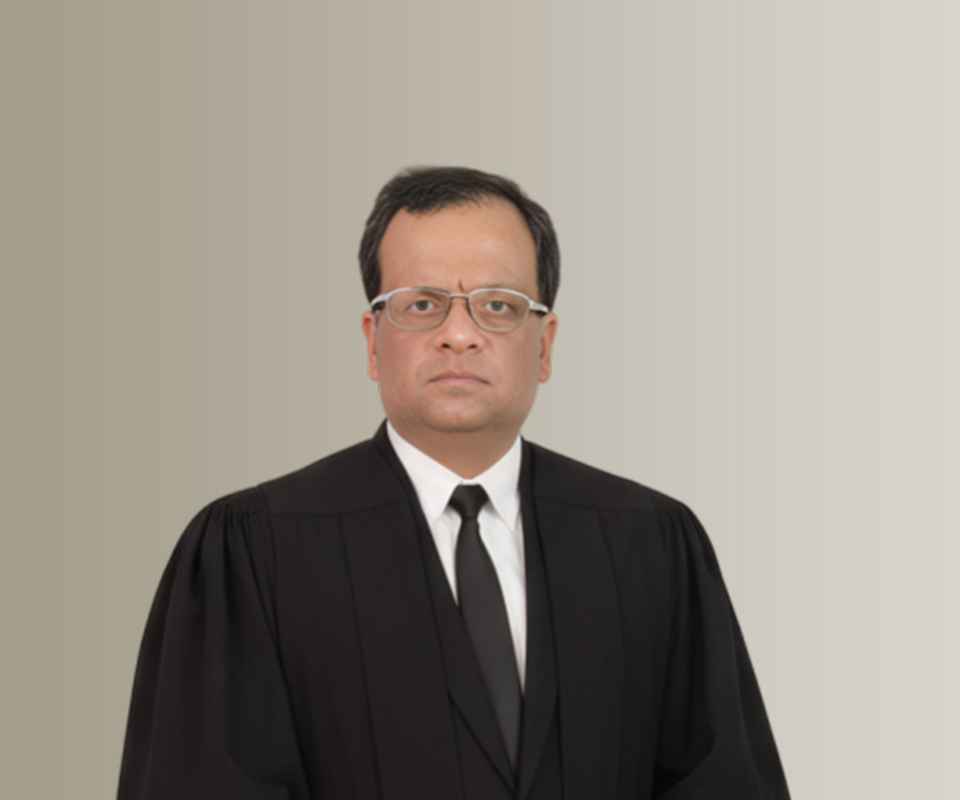Answer By law4u team
One Rank One Pension (OROP) is a revolutionary pension reform in the Indian Armed Forces that ensures uniform pension for military personnel of the same rank and length of service, regardless of their date of retirement. This policy was introduced to address pension disparities and provide fairness to all veterans who have served the country in the same capacity.
What Is OROP (One Rank One Pension)?
OROP ensures that military personnel, who retire at the same rank and after the same length of service, receive identical pensions even if they retire in different years.
Before OROP, there were significant discrepancies in pensions for personnel of the same rank and service length due to inflation and pay revisions over time. For example, a retired soldier from an earlier batch might have received a much lower pension than a soldier who retired later under better pay scales.
Key Features of OROP:
- Same Rank, Same Length of Service: Regardless of when an individual retires, their pension is calculated based on the last drawn salary of the person serving in the same rank with the same years of service.
- Periodic Pension Revision: The pension is revised every five years, ensuring it is aligned with the pay scales and inflation adjustments for serving personnel.
- Reimbursement for Pensioners: Those retired before the implementation of OROP get arrears of the difference between their pension and the new revised pension, which is backdated to the date of implementation.
- Fairness for Veterans: It eliminates the differences in pension paid to veterans of the same rank and service length, bringing equity to retired personnel who have served the same duties.
Benefits of OROP:
- Equity: Ensures that all retired military personnel of the same rank and service period are treated equally in terms of pension benefits, irrespective of the time of their retirement.
- Financial Security: Provides better financial security to veterans and their families, addressing long-standing issues of pension disparity.
- Recognition of Service: OROP is seen as a recognition of the hard work and sacrifice made by soldiers, making sure their contributions are adequately compensated even after retirement.
- Regular Updates: The pension is updated in line with the pay scale revisions carried out by successive Pay Commissions, ensuring the pension remains relevant and sustainable over time.
Example
An Indian Army Colonel who retired in 2005 might have been receiving a lower pension compared to a Colonel retiring in 2020, even if they had the same length of service. With the introduction of OROP, both individuals, having served at the same rank for the same duration, will now receive identical pensions, regardless of their respective retirement years. This ensures that no one is disadvantaged due to the date of their retirement.
Challenges and Criticisms of OROP
- Implementation Delays: The implementation of OROP has faced delays, and the arrears for retirees have been paid in phases, which has created discontent among veterans.
- Financial Burden: The financial cost of implementing OROP is substantial, and while it benefits retirees, it poses a challenge for the government’s budget.
- Definition of 'Rank' and 'Service Length': There have been debates regarding how certain categories of military personnel (like officers versus other ranks) are covered under OROP and whether the criteria for calculating pensions are equitable.
Conclusion
One Rank One Pension (OROP) is a transformative policy aimed at ensuring fairness and equity for military veterans by standardizing pensions for those of the same rank and length of service. It has addressed long-standing issues of pension disparity and has been crucial in improving the financial security of retired personnel. Despite challenges in implementation, OROP remains a key policy in ensuring that the Indian Armed Forces recognize and reward the service and sacrifice of their personnel even after retirement.
